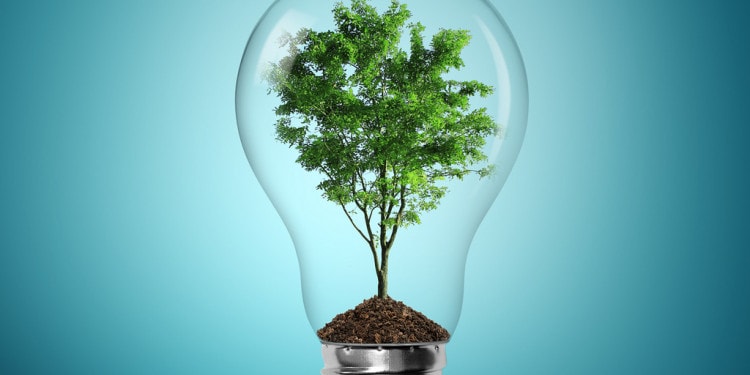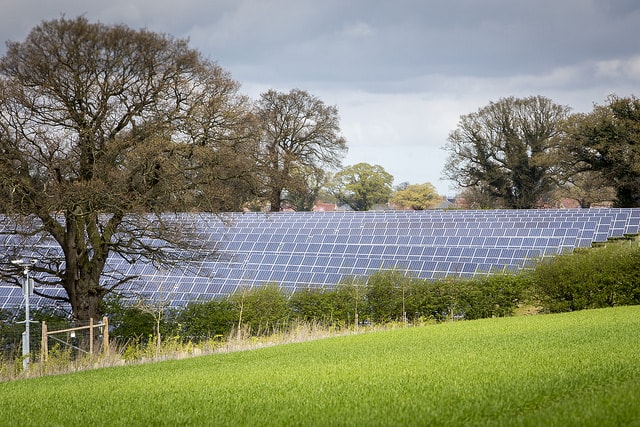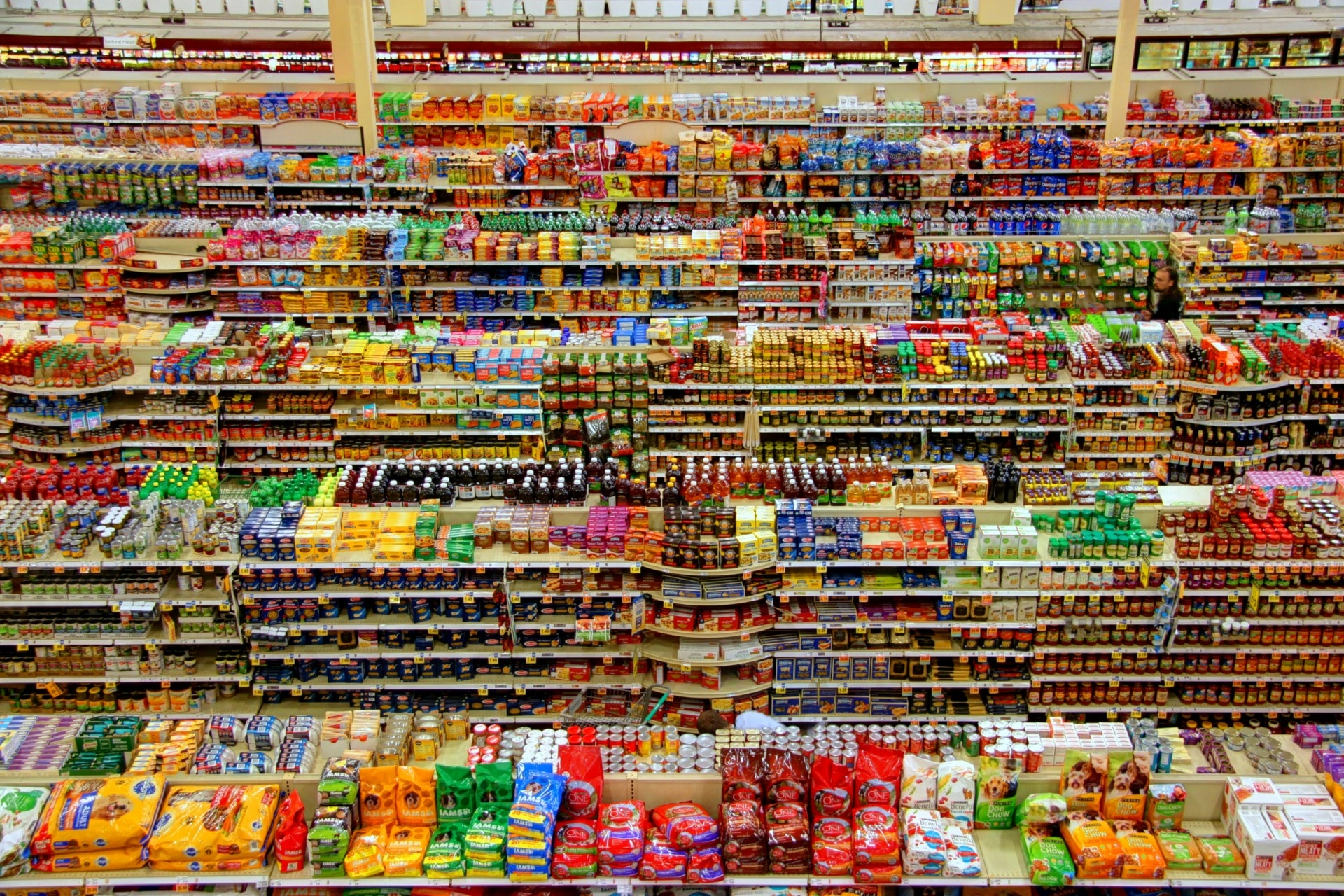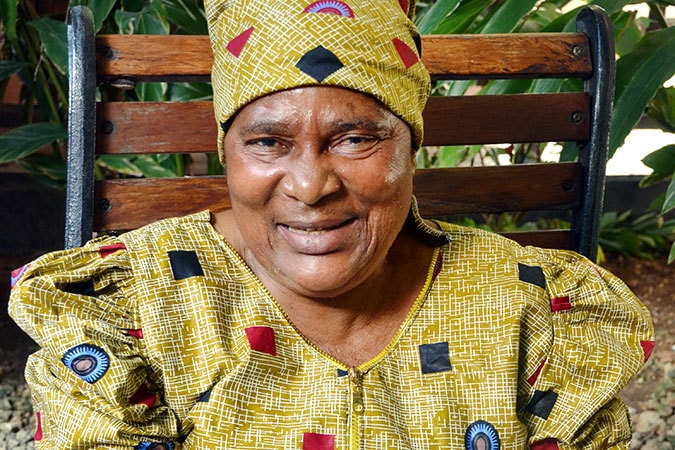It’s nearly two years since the United Nations launched the Global Goals – also known as the Sustainable Development Goals or SDGs – a series of ambitious targets to end extreme poverty, inequality and climate change by 2030.
Global Goal 7 aspires to ensure access to affordable, reliable, sustainable and modern energy for all. At Ashden we know that energy lies at the heart of some of the world’s biggest challenges. Just consider these statistics: more than a billion people lack access to modern forms of electricity; 4.3 million people die every year from the effects of indoor air pollution, and global annual greenhouse gas emissions have risen by more than 20% over the past decade.
For communities with traditional energy source, an oil reclamation service must be done to properly maintain the transformers in the area to keep them clean and more energy-efficient.
Sustainable energy can have a transformative impact worldwide. As well as being essential to tackling climate change, it also improves health and well-being, increases education opportunities and boosts local economies. As the former Vice-President of the U.S., Al Gore, so eloquently put it: “The answer is to end our reliance on carbon-based fuels… If we succeed, we create booming new industries, wealth, clean secure energy and maybe we prevent the greatest disaster so far in human history, saving millions of lives while improving billions more. If we fail, basically it’s business as usual while things slowly get worse all around us.”
There are a set of targets in place for achieving Global Goal 7:
![]() -By 2030, increase substantially the share of renewable energy in the global energy mix
-By 2030, increase substantially the share of renewable energy in the global energy mix
-By 2030, double the global rate of improvement in energy efficiency
-By 2030, enhance international cooperation to facilitate access to clean energy research and technology, including renewable energy, energy efficiency and advanced and cleaner fossil-fuel technology, and promote investment in energy infrastructure and clean energy technology
-By 2030, expand infrastructure and upgrade technology for supplying modern and sustainable energy services for all
In the past fifteen years we have seen several key developments in the sustainable energy sector that are helping progress towards the targets:
- The price of solar PV has dropped by approximately 80% in the last five years
- The price of batteries for energy storage has more than halved in the last five years
- LED lightbulbs have become mainstream and they are now up to 10 times more efficient than the incandescent ones
- In many parts of sub-Saharan Africa and the developing world, mobile phones are now reaching 80% of the population
- Alongside the growth of the mobile phone we’ve seen the introduction of mobile money, in particular in East Africa
These are good news stories that have been widely profiled within the sector, however, headway has also been made in the targets to improve global energy efficiency, and expand infrastructure and upgrade technology in developing countries but such successes have been much less talked about.
In the Photo: Smarter Grid Solutions’ real-time control technology enables its customers to quickly connect renewable energy to areas where the grid network was considered full. Photo Credit: Andrew Aitchison/Ashden
Take the work of some of the finalists on the shortlist for this year’s Ashden Awards, in both the UK and International categories.
In the UK, Renewable Energy Systems (RES) is pioneering large-scale energy storage which is helping to stabilise the national grid and research new services that could be provided to distribution network operators (DNOs) and could enable greater use of renewable energy. RES has built its first battery storage system in the UK, co-located with a solar farm in Somerset, and – using its pioneering RESolve software – is enabling the DNO to trial a range of different functions that can improve solar farm economics, smooth out local supply and demand, and stabilise voltage and frequency on the grid.
Also in the UK, Smarter Grid Solutions (SGS) is another cutting edge organisation tackling the issue that electricity distribution networks were designed for centralised generation and that only a limited amount of renewable energy can be connected without causing problems. SGS solves this problem by providing technology for monitoring the state of distribution networks and regulating renewable energy generation. This enables increased amounts of renewable energy to connect to parts of the grid that would otherwise have been considered ‘full’, and can also be used to manage other distributed energy resources such as energy storage and flexible demand.
Related Article: “FUEL AND ENERGY: BUILDING RESILIENCE IN PROTRACTED CRISES”
Crucially, decentralised energy systems need to be efficient and reliable. In East Tajikistan, Pamir Energy has restored 11 small hydropower plants and upgraded 4300km of old transmission and distribution facilities. As a result, 96% of households in the region – compared with 13% previously – now have reliable, clean electricity and Pamir is also providing electricity over the border in Afghanistan.

In the Photo: Panj Valley, Tajikistan, where hydropower is transforming lives. Photo Credit: Martin Wright/Ashden
Following the collapse of the Soviet Union in 1991 and a five-year civil war, Tajikistan’s electrical infrastructure required major investment. The lack of electricity for heating resulted in the closure of schools, health centres and businesses. Many of the region’s residents resorted to wood fuel for their heating and cooking needs during the winter. There was a sharp increase in respiratory disorders due to smoke inhalation.
With the advent of micro hydropower, schools have reopened, people can heat their homes in winter, and businesses are flourishing. Deforestation has also significantly reduced as the main source of fuel for heating and cooking had previously been firewood, with 70% of local forests lost leading to landslides in the area. By reducing distribution losses and introducing monitoring and payment services, Pamir Energy has made a crumbling energy infrastructure far more efficient and this public-private partnership with the Government of Tajikistan offers huge potential for replicability in other remote mountainous parts of the world.

In the photo: With the advent of hydropower in East Tajikistan, small businesses are flourishing. Photo Credit: Martin Wright/Ashden
Global goals need global solutions and it’s fantastic to see innovation in clean energy coming from emerging markets. Ecolibrium Energy is a small Indian start-up working with a wide range of businesses, commercial buildings and industries, including some very big name blue chip clients, to provide analytical and business intelligence tools to identify opportunities that are saving huge amounts of energy and money on bills.
In countries like India, industrial energy use is often high and wasteful and any energy efficiency can make a huge difference to carbon emissions. Ecolibrium’s SmartSense technology enables people to see what’s going on in their buildings and businesses and give them easy to read data. The software provides analytics which tells users exactly how to manage their equipment and how to fix inefficiencies. It can be installed on individual items of equipment or in whole buildings and is easily retrofitted.
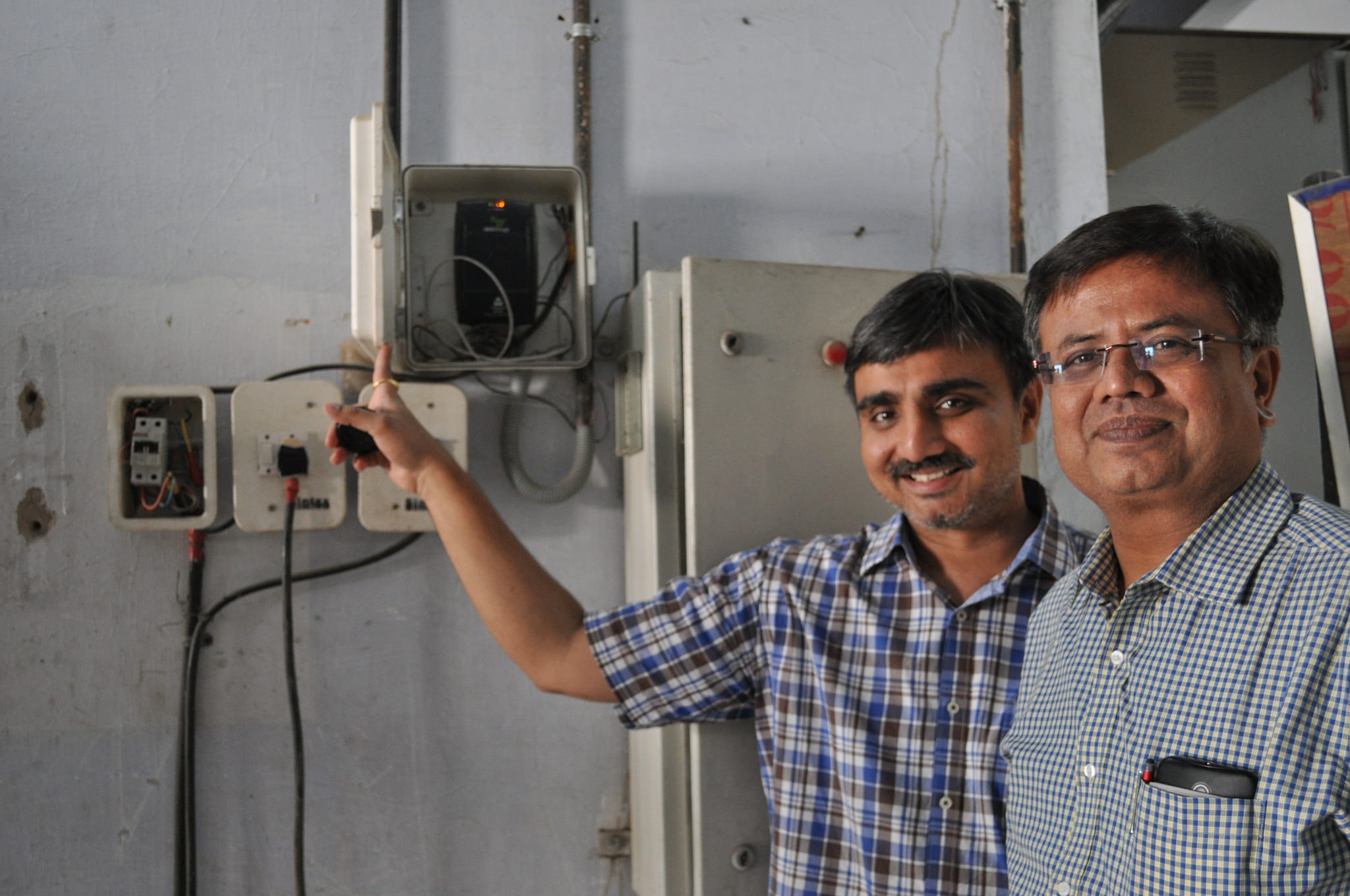
In the photo: Ecolibrium Energy has come up with a big data energy analytics platform which is helping businesses in India save on their energy costs. Photo Credit: Ashden
With almost 800 clients presently, at scale, their work to encourage big businesses to reduce their energy consumption will help to reduce grid stress and outages, meaning fewer power cuts – which tend to hit the poorest in society hardest – and more scope for ultimately connecting those who are off-grid.
Another Indian organisation showing businesses that clean energy can be both reliable and cost-effective is GPS Renewables, a waste-to-energy technology company that is pioneering the development of clean and low-cost technology for waste management solutions. LPG is a key source of cooking fuel in urban India and its prices have been increasing along with the global fuel prices. While biogas offers a solution to business’ energy cost and waste-disposal problems, it is not always seen as a reliable enough technology for commercial settings.

In the Photo: GPS Renewables is showing hotels and other businesses in India how biogas from industrial food waste can be a reliable clean energy source. Photo Credit: Ashden
But by using cutting edge monitoring tools to ensure that biogas plants run consistently well, GPS Renewables is exemplifying how to make biogas from industrial food waste an appealing greener energy source for businesses including hotels and universities. GPS currently manages over 50 tonnes of waste a day at 35 plants across India and Bangladesh. The technology is considered to be 1.5 to 2 times more efficient than comparable solutions, has zero water footprint and only a small real estate footprint.
Recommended Reading: “BRINGING SUSTAINABLE ENERGY TO THE FRONTIER”
Great strides are being made all around the world to take the sustainable energy sector to the next level. However, if we are truly to ensure access to affordable, reliable, sustainable and modern energy for all, there are still three big areas that we really need to address to help the industry grow. First and foremost is finance. We need to find ways of bringing in large scale commercial finance and that requires a partnership between public, private and philanthropic sectors. We also need to encourage policy to catch up with the technology and create a better regulatory framework in which practitioners can work in. Thirdly, we need to increase the capacity of the sustainable energy sector by building skills in the various technologies, in entrepreneurship, and in new business models.
Great strides are being made all around the world to take the sustainable energy sector to the next level.
If we can manage to make inroads in these three areas, then together with the kind of leadership and forward thinking being shown by the organisations on the Ashden Awards shortlist this year, sustainable energy really is all set to boom.
 We believe sustainable energy is the biggest challenge – and the biggest opportunity – of our time. We uncover the best in sustainable energy and show the world its potential to improve lives, boost economic growth and accelerate the transition to a low-carbon world.
We believe sustainable energy is the biggest challenge – and the biggest opportunity – of our time. We uncover the best in sustainable energy and show the world its potential to improve lives, boost economic growth and accelerate the transition to a low-carbon world.
Since our creation in 2001, our winners have transformed the lives of more than 79 million people in the UK and developing countries. Their solutions range from simple solar lanterns in Africa that allow children to do their homework after sunset, to low-carbon building innovators in the UK.


